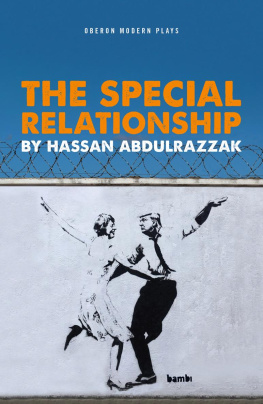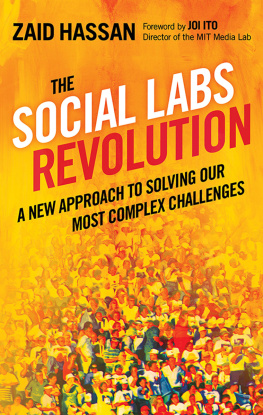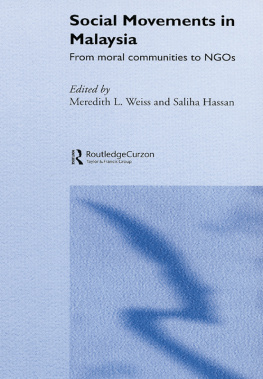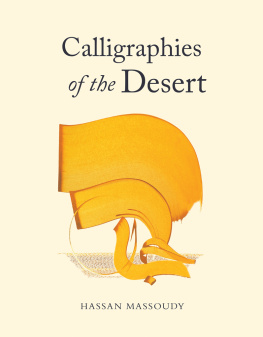
Social Movements in Malaysia
This volume describes and analyses several of the most important social movements in contemporary Malaysia. Contemporary Malaysian non-governmental organisations (NGOs) have evolved over the years into significant actors in Malaysian politics and society. The Reformasi movement that began in the late 1990s proved the potency of some of these movements, as civil society came to play a more critical political role. Shifts in the organisational manifestations of social movements have reflected Malaysians changing perceptions of the place, nature and function of civil society in the polity.
Included in this collection of essays are discussions of Malaysian movements organised around womens rights, the environment, human rights, global peace, Islam and the rights of indigenous peoples. The contributors trace the historical roots of the movements as well as of the legal framework in which they operate. These groups face particular constraints posed by Malaysias political and economic environment as well as organisational weaknesses. However, it is argued that they have still managed to find innovative ways to network and lobby for shared goals and have had a real impact on a range of government policies and popular attitudes.
Contents
Meredith L. Weiss: Malaysian NGOs: history, legal framework and characteristics
Lai Suat Yan: The womens movement in peninsular Malaysia, 190099: a historical analysis
Patricia A. Martinez: Complex configurations: the Womens Agenda for Change and the Womens Candidacy Initiative
Saliha Hassan: Islamic non-governmental organisations
Sundari Ramakrishna: The environmental movement in Malaysia
Meredith L. Weiss: The Malaysian human rights movement
Fadzilah Majid Cooke: Non-governmental organisations in Sarawak
Fan Tew Teng: The peace movement and Malaysian foreign and domestic policy
Social Movements in Malaysia
From moral communities to NGOs
Edited by Meredith L. Weiss
and Saliha Hassan
First published 2003
by RoutledgeCurzon
2 Park Square, Milton Park, Abingdon, Oxon, OX14 4RN
Simultaneously published in the USA and Canada
by Routledge/Curzon
270 Madison Ave, New York NY 10016
RoutledgeCurzon is an imprint of the Taylor & Francis Group
Transferred to Digital Printing 2005
2003 Meredith L. Weiss and Saliha Hassan; individual chapters the individual contributors
Typeset in Times by
M Rules
All rights reserved. No part of this book may be reprinted or reproduced or utilised in any form or by any electronic, mechanical, or other means, now known or hereafter invented, including photocopying and recording, or in any information storage or retrieval system, without permission in writing from the publishers.
British Library Cataloguing in Publication Data
A catalogue record for this book is available from the British Library
Library of Congress Cataloging in Publication Data
A catalog record for this book has been requested
ISBN 0700716467 (hbk)
ISBN 0415340705 (pbk)
Contents
Preface
This volume on Social Movements in Malaysia grew out of a perceived serious lack in the literature. While non-governmental organisations (NGOs) associated with various social movements have proliferated over the past two decades in Malaysia, with interest in these bodies growing apace, few texts critically assess what these movements are and how they have fared. The aim of this book is thus twofold. First, the volume will provide a starting point for interested individuals researchers, prospective volunteers and others regarding the state of civil society and social movements in Malaysia, providing very specific information about the principal movements. Second, the volume will offer contributors and readers who are themselves activists a chance to evaluate how much their efforts have achieved and how movement strategies could be improved.
This book took shape during a particularly tumultuous time for Malaysian civil society. The Reformasi movement engaged the time and attention of activists and analysts, including most of our contributors. While this movement perhaps slowed progress on this volume, it made the book ever more critical, as awareness of civil society and especially NGOs their range and their potential skyrocketed throughout Malaysian society. Some movements have remained relatively unchanged in their aims and strategies since the onset of the Reformasi movement in late 1998. Others, such as the human rights and womens movements, have been irrevocably changed and revitalised, adopting more aggressive strategies and attracting a broader, more highly committed base.
Contributors to the volume are either social movement activists or academics concerned with civil society and the non-governmental sector, or both. Perhaps reflecting demographic trends both among social activists and among the academics who study them, most of the contributors to this volume are women. We asked that each contributor Authors were asked to provide an overview of the history, progress and composition of the relevant social movement (defined as a network of NGOs focused on a particular issue area), including networking, collaboration and future prospects. We specified also that authors were to be critical in their assessment of how the movement in question has succeeded and failed, its strengths and shortcomings, and its position within the wider array of social movements in Malaysia. Movements covered in this volume include the environmental movement, the womens movement, the human rights movement, the peace movement, Islamic-oriented NGOs and Sarawak NGOs.
However, partly because the pressures of activism kept many too busy to write and partly due to other exigencies, there are serious gaps in the volume. This book does not include chapters on the consumers movement (though some activities involving affiliated NGOs are covered in other chapters), on movements in support of the urban poor or peneroka bandar (urban pioneers or squatters), on activism by and for orang asli or orang asal (indigenous peoples of peninsular Malaysia, Sabah and Sarawak), on movements promoting alternative models of development, on the Chinese education movement, on groups focusing on estate- or factory-workers, on church-based groups or other non-Islamic religious-based activism, or on NGOs dealing with HIV/AIDS and sexuality. There is a chapter on Sarawak but none on Sabah, and the rest of the chapters are primarily concerned with peninsular activism. There also is no chapter on foreign NGOs having some interest and activities in Malaysia. In other words, there is enough left out to fill another volume at the least.
At the same time, we do hope that this book serves its purpose, providing information and sparking interest in these energetic, important organisations, as well as promoting critical and productive reflection on what civil society has accomplished in Malaysia and where it should go from here. We are grateful to all our contributors for their thoughtful even if not always timely reflections and their hard work. We would also like to thank the Malaysian Social Science Association (PSSM) for their consistent support of this endeavour, particularly current president Abdul Rahman Embong and past president Jomo K. S. Were it not for the PSSMs moral support and assurance that publication would be possible, we probably would not have pursued this project so confidently, if at all. Moreover, several contributors participated in a related panel on NGOs at the PSSMs Second Malaysian Studies International Conference in Kuala Lumpur in August 1999.












